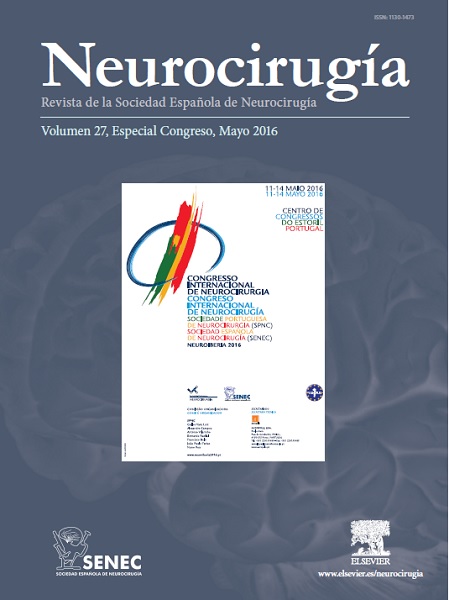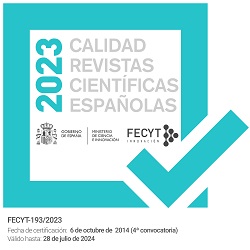O-ONC-65 - Awake brain surgery: a seven years’ experience of a Portuguese neurosurgical centre
1Neurosurgical Department; 2Epilepsy Surgery Group; 3Language Laboratory, Neurology Department; 4Anesthesiology Department, Hospital de Santa Maria-CHLN, EPE, Centro Hospitalar Lisboa Norte.
Objectives: Awake surgery is the recommended approach for lesions in or nearby functional brain areas, namely those related to language. In this work we present our results with this procedure over the last seven years.
Material and methods: We have done a prospective study of consecutive awake surgeries since 2009 to 2015. Tumour volumes before and after surgery were calculated. Pre and post-operative language and other cognitive abilities were compared. Survival was evaluated only for patients with more than one year of follow-up.
Results: Thirty-nine awake surgeries were performed by the same team. All patients had an intra-axial brain lesion involving a cortical/subcortical functional area. The median patient age was 41 years. Seizures was the most frequent first symptom. Forty-one percent of patients had a high-grade tumour and 54% had a low-grade tumour. Only two patients (5%) had a non-tumoral lesion (one vascular lesion and one cortical dysplasia). “Asleep-Awake-Asleep” anaesthesia protocol and bipolar stimulation were used in all cases. One conversion to general anaesthesia was necessary due to lack of patient’s collaboration. The perioperative overall complication rate was 20.5%. The extent of resection was superior to 80% in 83% of the patients. Three months after surgery, statistical significant differences between pre and post-surgery cognitive and language measures were not observed. In high grade gliomas the overall survival was 34.5 months.
Conclusions: To ensure a successful awake brain surgery, the experience and coordination of the team is crucial, in order to maintain a low complications rate and possibly prevent permanent neurological deficits.







